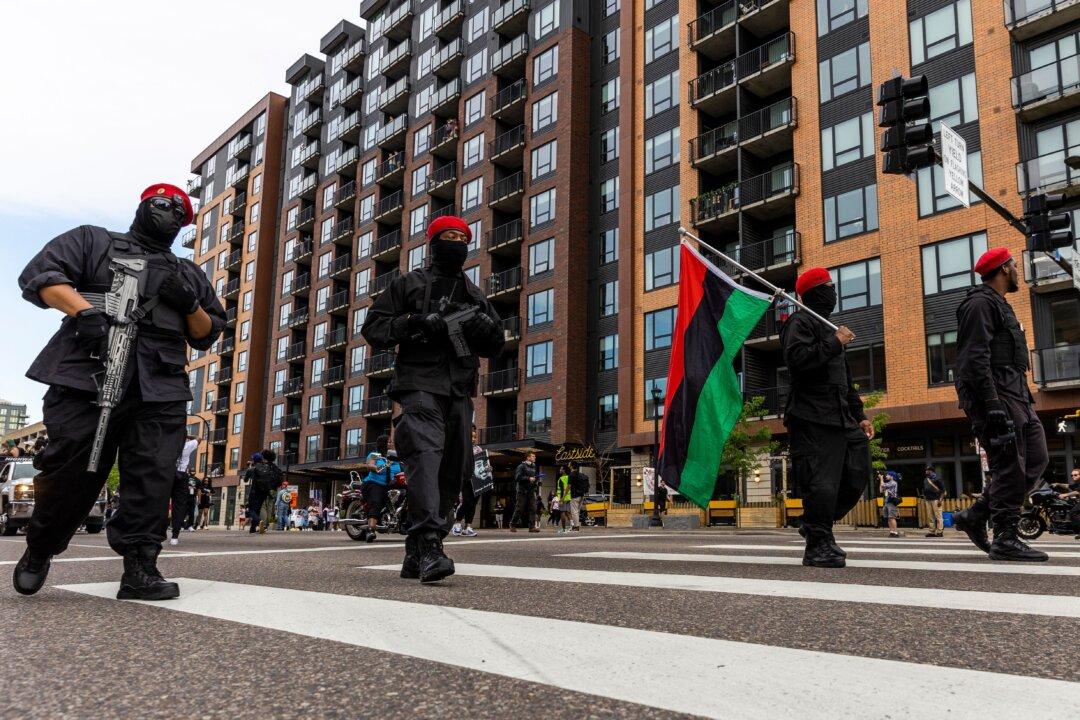Americans believe that race relations between blacks and whites are at their lowest point in more than two decades, according to a survey by the polling organization Gallup.
For the second consecutive year, U.S. adults’ positive ratings of relations between black and white Americans are at their worst levels in years of measurement. At present, 42 percent of Americans say relations between the two groups are “very” or “somewhat” good, while 57 percent say they are “somewhat” or “very” bad.





